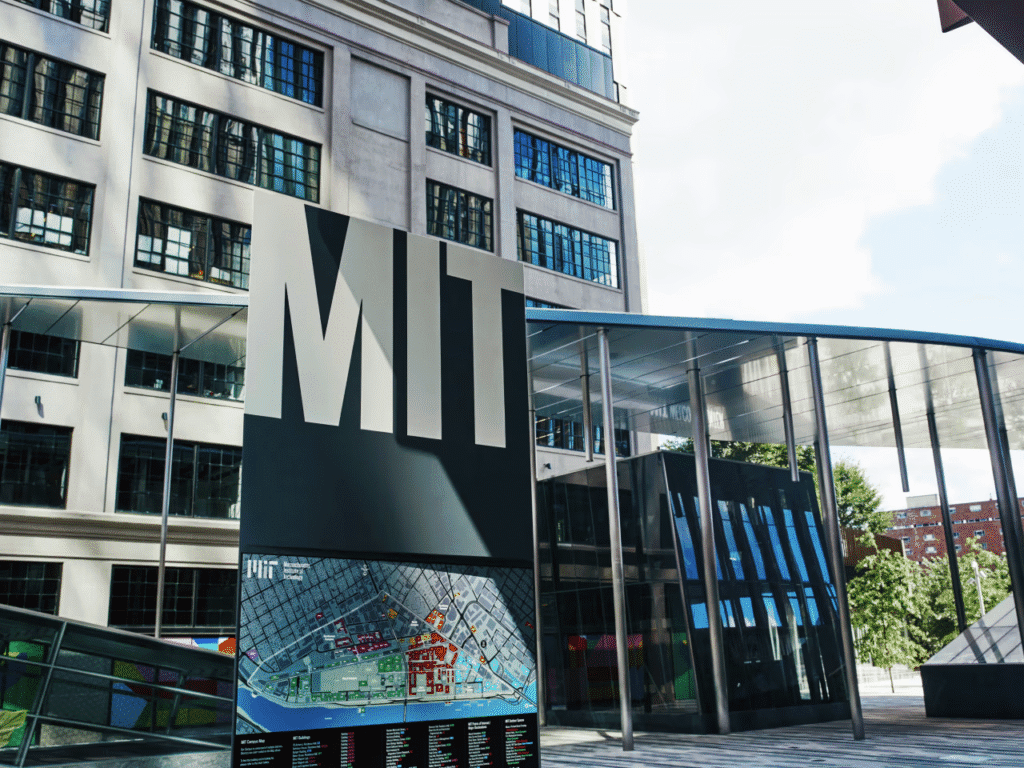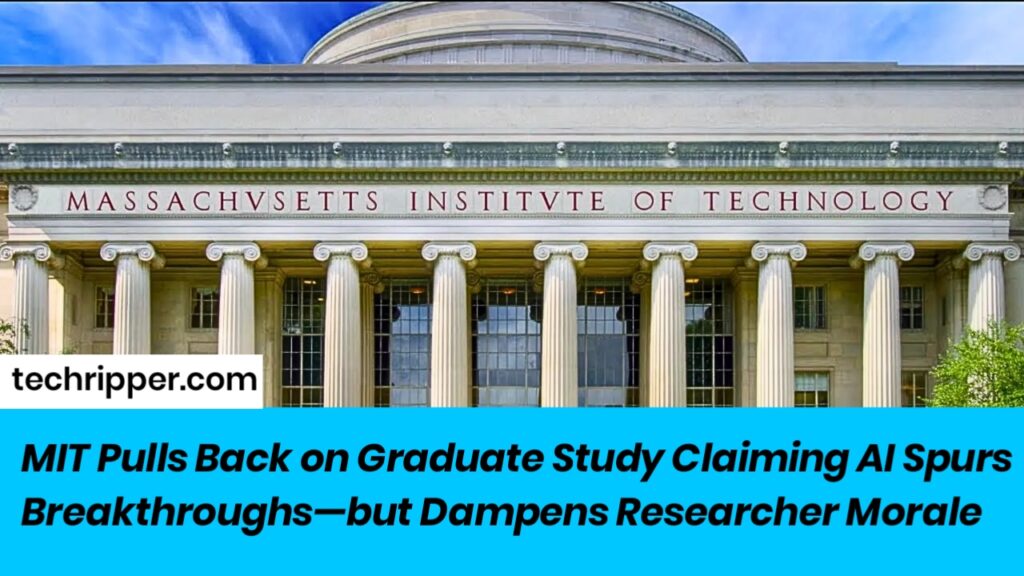Last Friday, MIT publicly distanced itself from a widely discussed working paper that claimed AI significantly boosts scientific output—while also undercutting researchers’ job satisfaction. Titled “Artificial Intelligence, Scientific Discovery, and Product Innovation,” the study was penned by a doctoral student in MIT’s economics department and had generated a lot of buzz when it first circulated in preprint form.
According to the paper, introducing a new AI tool in a secretive, large-scale materials science lab led to a notable uptick in both novel material discoveries and patent applications. But, the trade-off was a dip in how satisfied the scientists felt about their work. When the draft first appeared, two of MIT’s most prominent economists—Daron Acemoglu (this year’s Nobel laureate in economics) and David Autor—publicly praised it. Autor even told the Wall Street Journal he was “floored” by its findings, and both he and Acemoglu remarked that its conclusions already felt “known and discussed extensively in the literature,” despite its not having undergone peer review.

Fast-forward a few months: Acemoglu and Autor now say they’ve lost faith in the study’s data and methods. Their doubts began in January, when a computer scientist with materials-science expertise flagged potential problems and raised them with the economists. MIT launched an internal review, though it won’t share details because of student-privacy rules. All the university will confirm is that the author is “no longer at MIT.”
Though MIT’s statement stopped short of naming him, the working paper and several news reports identify the student as Aidan Toner-Rodgers. In light of the review’s outcome, MIT has asked both arXiv and The Quarterly Journal of Economics—the journal to which the paper had been submitted—to strip the paper from their platforms. arXiv’s policy is that only authors can withdraw their own preprints, and Toner-Rodgers has yet to request that action.
What started as a potentially groundbreaking look at how AI reshapes research productivity has become a cautionary tale about the importance of data transparency—and a reminder that even the most promising findings must stand up to rigorous scrutiny before becoming part of the; scientific canon.
Alos Read : Thousands Are Taking a Virtual Road Trip—Together—Using Google Street View

